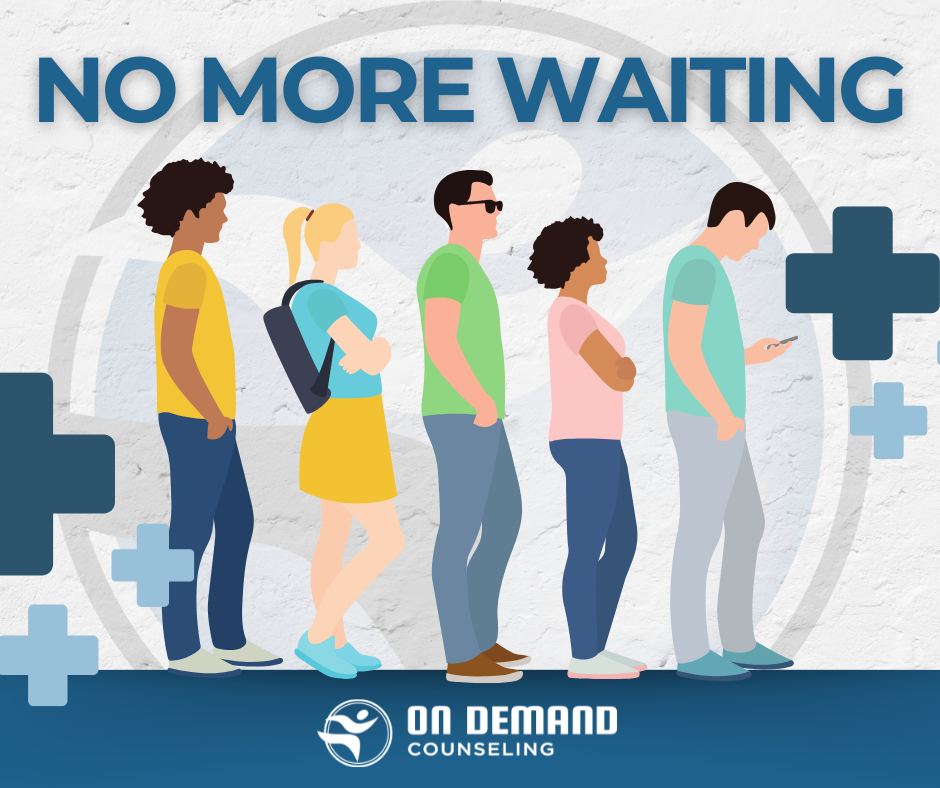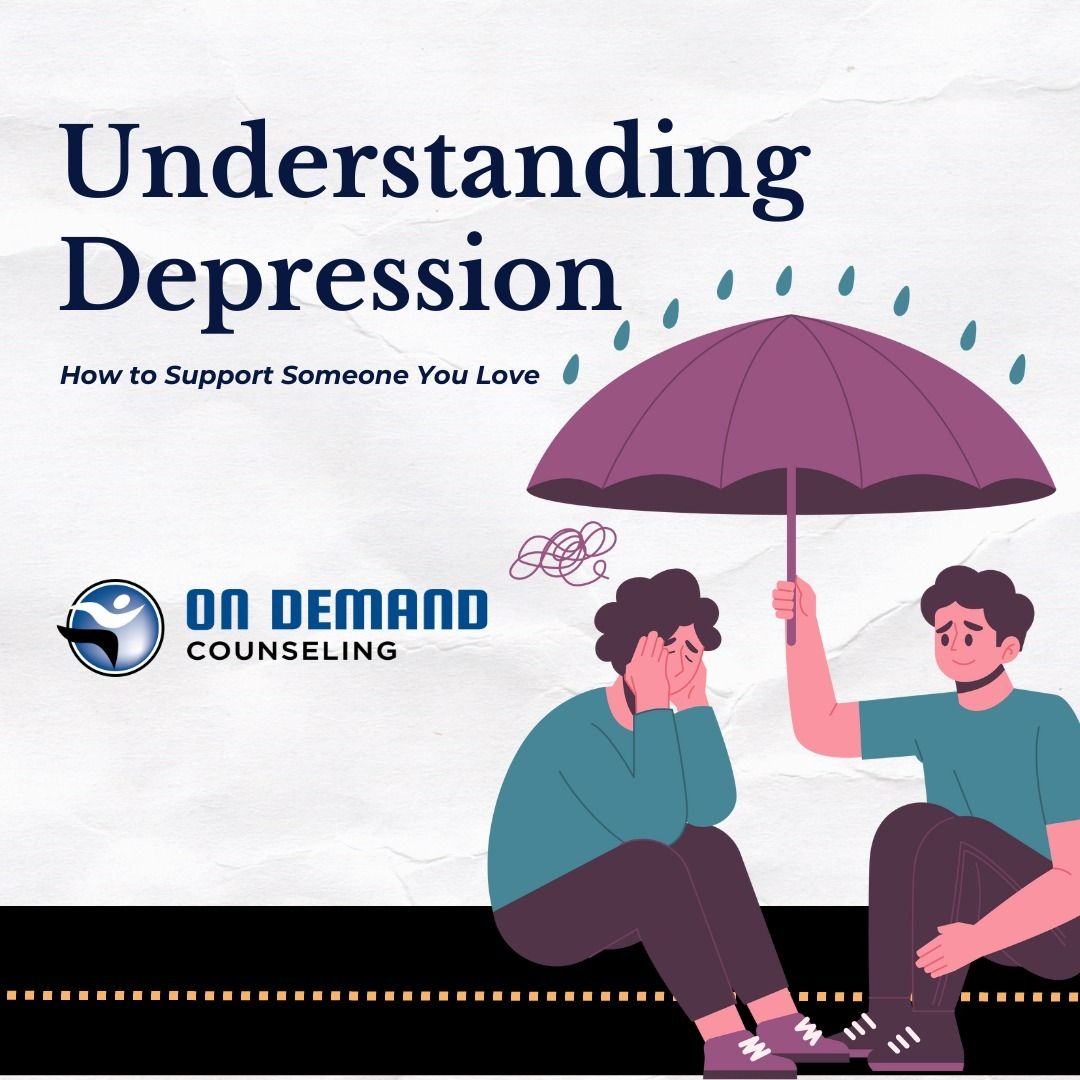3 Ways to Set Realistic New Year’s Resolutions
New years can mean a lot of things to different people, but a common theme in America is that a new year brings a new self. However, just because the calendar has flipped, doesn’t mean we automatically change. We must make the change.
Setting goals to “lose 50 pounds” or “stop being stressed all the time” are not realistic new year’s resolutions and can have a negative effect on your mental health when you don’t meet your expectations. Keep reading to find out 3 ways to set healthy new year’s resolutions while maintaining a positive state of mind.

-
Be prepared for obstacles
Feeling beaten down or discouraged is most likely to happen when you can’t reach your goals. It’s important to be prepared for any obstacles that may come your way in your journey to fulfilling your new year’s resolutions.
Try setting smaller goals inside your new year’s resolutions to make sure you are achieving things one step at a time without overwhelming yourself. There are bound to be hardships that will stand in your way, no matter what the goal. When these hardships arise, try to think of why you set the goal in the first place. For example, if you set a goal to eat healthy and end up spending a weekend eating junk food, don’t give up. One blip in your journey doesn’t mean you’ve failed.
Those who struggle with mental health know how easy it is for our conditions to consume us, especially when we’re feeling low. Self-loathing and self-hate can take a toll on the success of your new year’s resolutions. When these depressive thoughts occur, try to distinguish feelings from facts.

2. Take your own advice
Think of it as you were talking to a friend. If your friend says “I want to lose 50 pounds in 6 months,” you wouldn’t encourage them to do it, you’d probably tell them that is unrealistic and to set a more reasonable goal.
Instead of setting a specific weightloss goal, try creating a new year’s resolution that centers around a healthy lifestyle, such as eating a full serving of vegetables each day. The National Alliance on Mental Illness (NAMI) suggests aiming for a diet low in refined sugar. According to NAMI, a diet high in refined sugar results in worsening symptoms in those struggling with mental health conditions.
Whenever a new idea for a resolution comes across you, try to take a step back and analyze it first. Is it realistic? Would you allow a friend to pursue this goal? If not, alter it to be more attainable. If you set your expectations too high, you may be setting yourself up for disappointment and even harsher self-image.

3. Compare and contrast your mental health habits
When you take time to reflect on your old habits, it makes it easier to develop new ones. Every new goal should come from a habit you wish to change, or else it will be difficult to measure improvement or success. For instance, to say “I want to stress less this year” won’t be specific enough. Instead, try reflecting on how you showed your stress. Did you lash out at loved ones? Did you shut down when others tried to help you? Change your new year’s resolution to “let people in more” or “practice 20 minutes of meditation when I’m feeling like lashing out.”
Reflective practice is a great way to start developing your new year’s resolutions to benefit your mental health. Reflective practice can help increase self awareness and empathy for others. So, what exactly is reflective practice? It’s simple: reflective practice is a tool for improving your learning both as a student and in relation to your work and life experiences.
Quick Links

Contact Us
We’re here to assist you. Contact our dedicated support team for any inquiries or assistance you may need.






